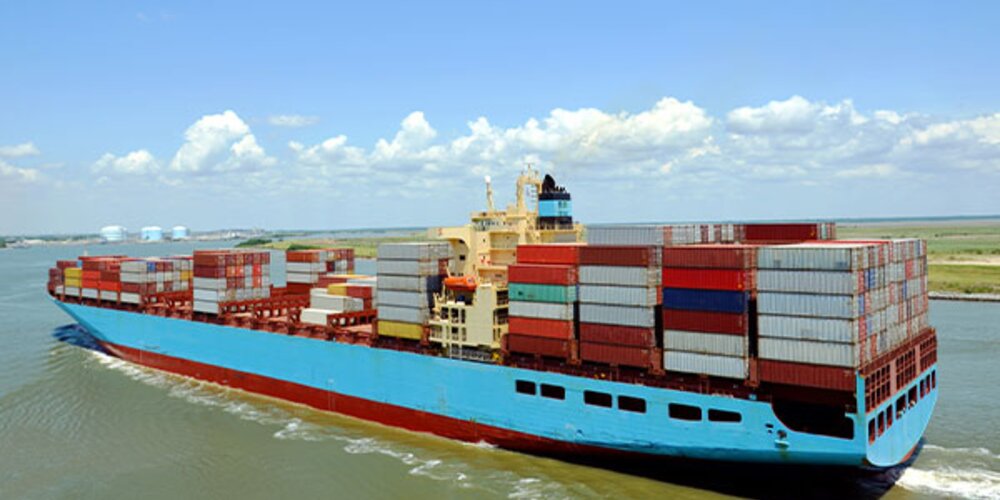Browse our services
Explore how Brookes Bell can help you
Find an expert
Meet our team, find and expert and connect
Contact us
Get in touch, we're here to help

Global shipping giant Maersk has confirmed that it will be undertaking the industry’s first container vessel conversion to a dual-fuel methanol engine.
The plans will see an existing ship being retrofitted with a dual-fuel methanol powered engine during the course of 2024. Should this prove to be successful, Maersk intends to replicate the procedure on sister vessels when going for special survey in 2027.
Maersk has commissioned MAN Energy Solutions (MAN ES) to retrofit the engine. Commenting on the agreement with MAN ES, Leonardo Sonzio, Head of Fleet Management and Technology at Maersk, said:
“In 2021, we ordered the world’s first methanol-enabled container vessel following a commitment to the principle of only ordering new built vessels that can sail on green fuels.
Concurrently, we have explored the potential in retrofitting existing vessels with dual-fuel methanol engines. Having teamed up with MAN ES, we are now ready to demonstrate how retrofitting vessels with methanol dual-fuel capabilities can be done”.
The retrofitting project is scheduled to begin next year. Aside from the complex task of replacing engine parts, new fuel tanks, a fuel preparation room and fuel supply system are also a core part of retrofitting a vessel ready to be ‘methanol’ capable.
Maersk has confirmed that discussions with potential yards for the implementation of the retrofitting project are ongoing.
The project forms part of Maersk’s broader - and particularly ambitious - environmental goals.
In a statement, Maersk said that, ‘Besides aiming to achieve net-zero in 2040, Maersk has also set tangible near-term targets for 2030 to ensure alignment with the Paris Agreement and Science Based Targets initiative (SBTi) methodology. This translates to a 50% reduction in emissions per transported container in the Maersk Ocean fleet compared to 2020, and furthermore 25% of its container volume will be transported using green fuels’.
As Sonzio states:
“We have set an ambitious net-zero emissions target for 2040 across the entire business and have taken a leading role in decarbonising logistics.
Retrofitting of engines to run on methanol is an important lever in our strategy. With this initiative, we wish to pave the way for future scalable retrofit programs in the industry and thereby accelerate the transition from fossil fuels to green fuels.
Ultimately, we want to demonstrate that methanol retrofits can be a viable alternative to new buildings”.
The new era of ‘green marine fuels’ is nearly upon us, yet many vessels still rely on bunker fuels.
And, all too often, these bunker fuels can be the source of disputes over quality and resulting engine damage.
If you’re involved in such a dispute, then call upon the services of Brookes Bell. Our bunker fuel oil quality services can help you secure the answers you need and determine the root cause of a dispute.
For more maritime industry insights and information, read the Brookes Bell News and Knowledge Hub…
Why Bunker Fuel Analysis Is More Important Than Ever | VLSFO Bunker Fuel Contamination on Rise | A Guide to Chemical Cargo Segregation